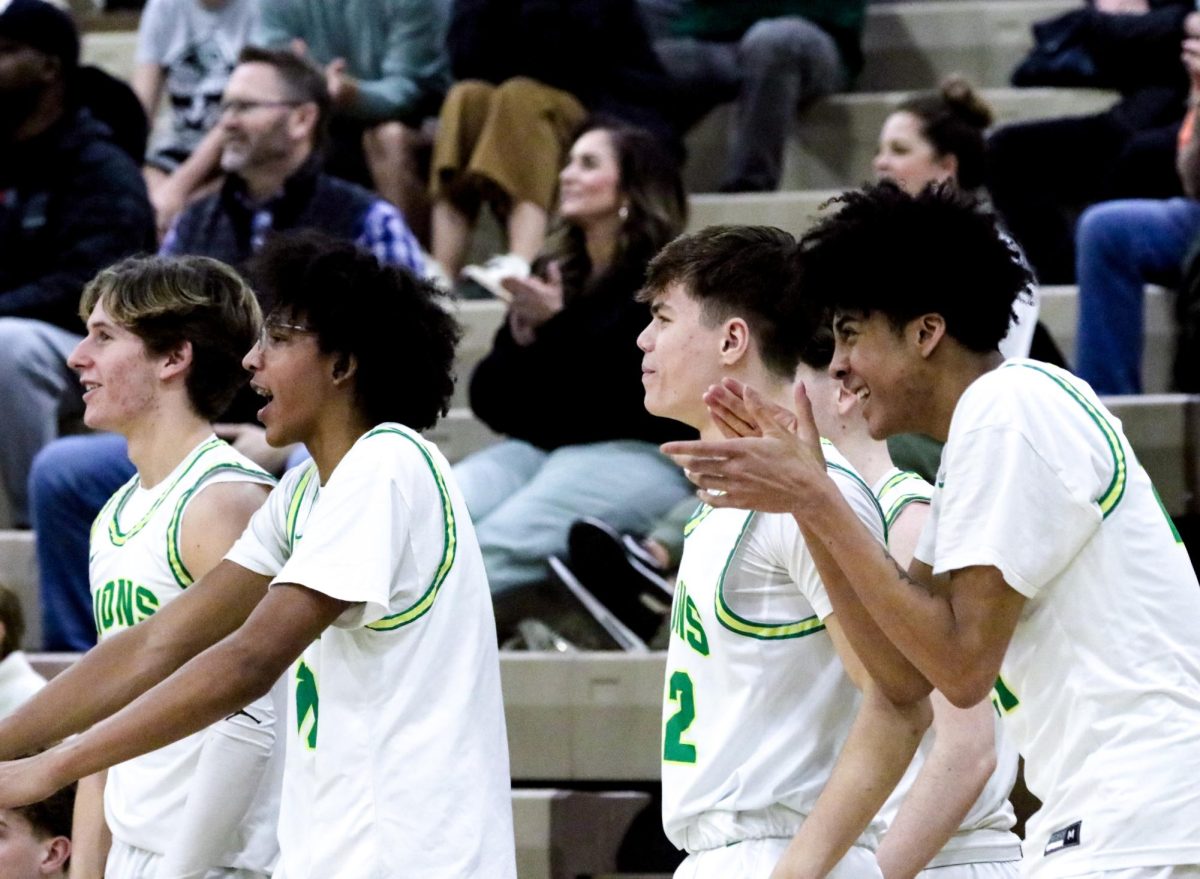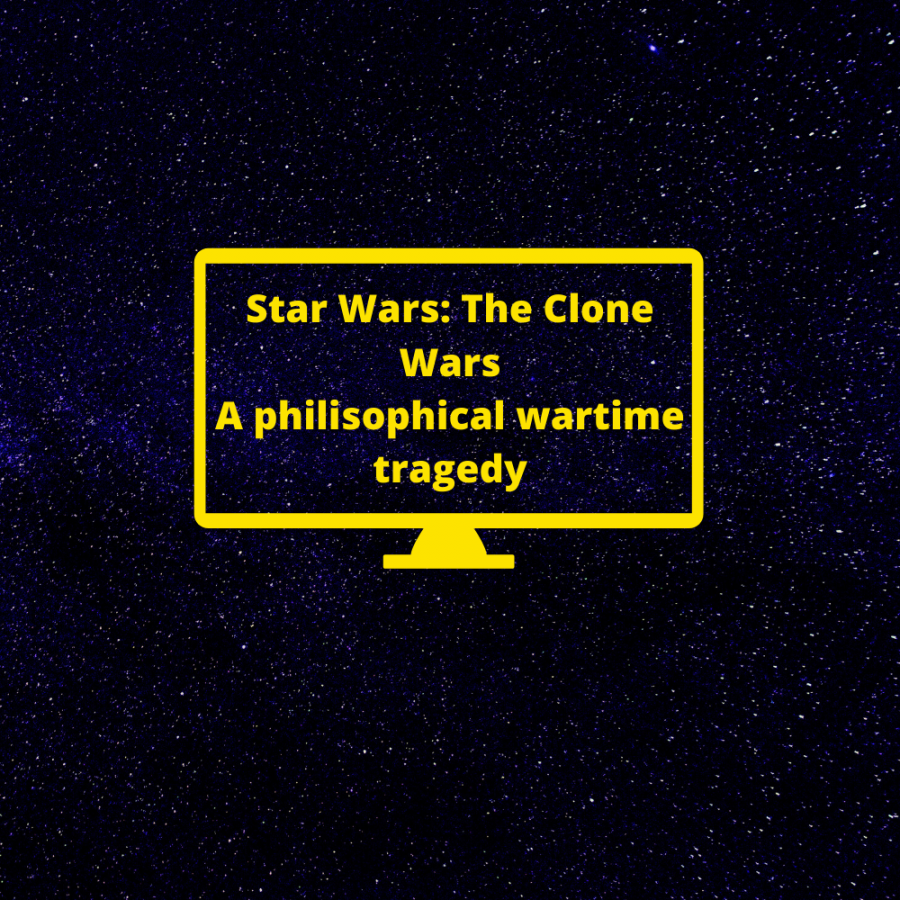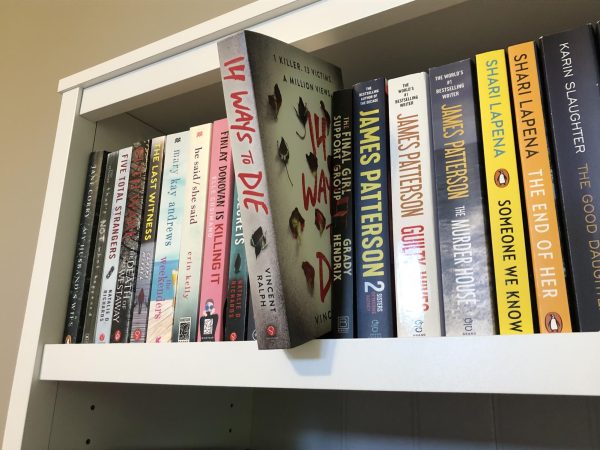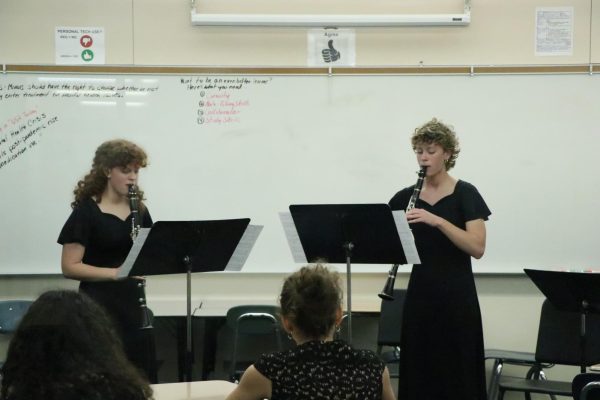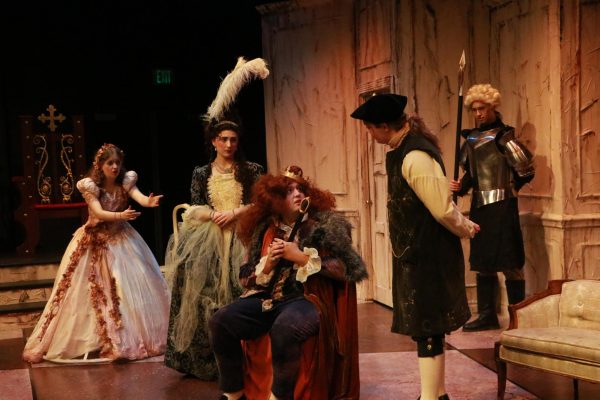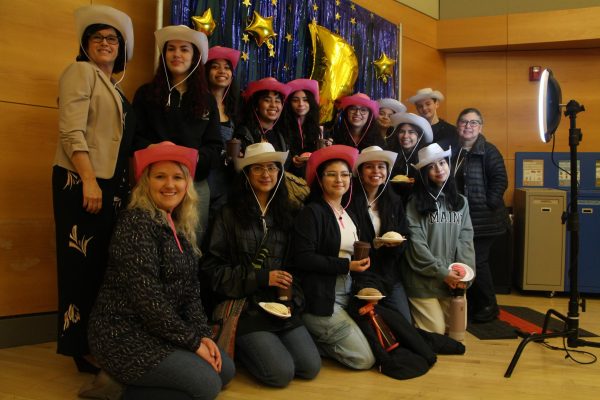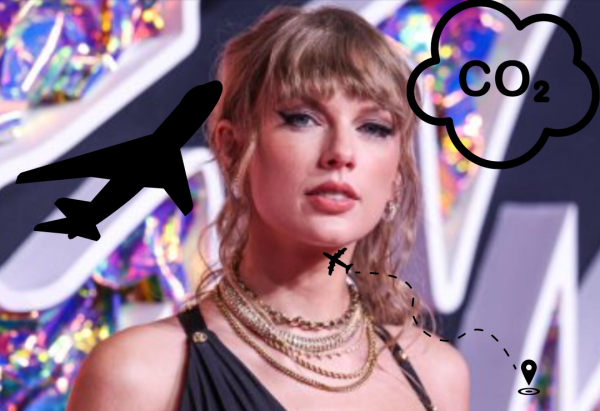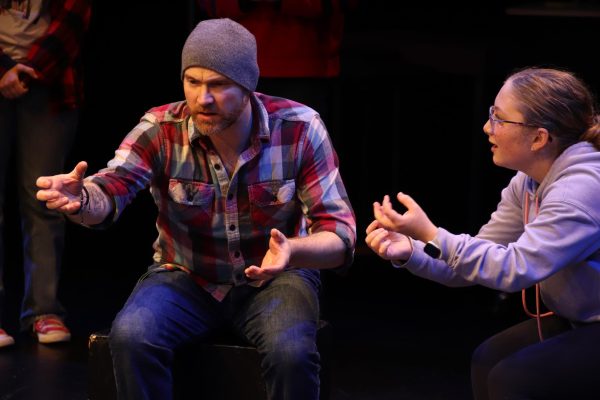Why “The Clone Wars” should be your next “Star Wars” fix
“Star Wars: The Clone Wars” is a unique look at the “Star Wars” universe.
“Star Wars”, despite the name, has always been against war. Even at its most subtle, it’s not that subtle. While it’s easy to see the anti-war message in films like “Rogue One”, or “The Last Jedi”, there is no place where the anti-war message is more highlighted than in the animated series “Star Wars: The Clone Wars”. An ironic statement if ever there was one, given that “The Clone Wars” takes a great deal of inspiration from old World War Two serials.
Throughout the show’s seven seasons starting in 2008 on Cartoon Network and ending in 2020 on Disney+, viewers were treated not to a generic action show, but something more akin to “Star Wars” answer to Band of Brothers, placing as much emphasis on the members of the clone army as it did on fan favorite characters like Obi-Wan Kenobi or Yoda.
The decision to use clones helps give the series a new way to view the Republic as seen in the “Star Wars Prequel Trilogy”. While one of the prequel trilogy’s main strengths was it’s excellent themes, it often fumbled delivery. However here it is able to fully showcase and exemplify the points made by the prequels.
The clones are characters ruled by a binary. They fight for the Galactic Republic and their job is to help destroy the Separatists, even at the cost of their life. A life made purely expendable by the fact that each day thousands more clones are made to take their places. In the prequels they have very few lines the audience is actually supposed to take note of, and even less character.
Here on the other hand, we meet clones at multiple positions, ranks and development stages. We see what happened to the clones deemed not fit for traditional uses like 99 or the more recent Bad Batch. We meet clones barely the age of middle schoolers, wide eyed and yet to see real battle.
We meet clones who are highly ranked from the start like Captain Rex, a character who very well may be the secondary protagonist of the show, and we see people who spend the series climbing the ranks like Fives, who starts as a trooper on a low ranking outpost, to an ARC Trooper, one of an elite team deemed the best of the best.
The bond between the clones is a true highlight, of not only the show, but of “Star Wars” on the whole.
That’s not to say that the clones are the sole focus of the show. In addition to the clones, viewers get an in depth look at various members of the Jedi Order. From classic favorites like Obi-Wan and Anakin to new members like Ashoka Tano to fleshing out the many interesting looking background Jedi from the prequels, like Luminara Unduli and Aayla Secura.
Another hallmark of the show is it’s pension to dwell on philosophy. The majority of the episodes open with a quote foreshadowing the episode or arcs main themes.
In the show’s quieter moments, it’s not uncommon for characters, especially the Jedi, to spend those moments in contemplation of what they are doing. Entire episodes at times are mostly just discussions on the episodes philosophical topic leading into a small piece of action at the middle of the story and climax.
“Star Wars: The Clone Wars” consistently provides the hardcore fans of the galaxy far far away and new fans with well crafted entertainment buoyed on consistently improving animation, smart writing and fleshed out characters in the course of it’s debut movie and seven seasons. Both incredibly unique and well fitted to the universe, “Star Wars: The Clone Wars” is a piece of the galaxy far far away that no fan should ignore.
Your donation will support the student journalists of West Linn High School. Your contribution will allow us to continue to produce quality content by purchasing equipment, software, and continuing to host our website on School Newspapers Online (SNO).

Still yearning for more experience as a journalist, Ethan Gill, Junior, is back and ready to write.
“I greatly enjoyed being apart of journalism in...
























![Game, set, and match. Corbin Atchley, sophomore, high fives Sanam Sidhu, freshman, after a rally with other club members. “I just joined [the club],” Sidhu said. “[I heard about it] on Instagram, they always post about it, I’ve been wanting to come. My parents used to play [net sports] too and they taught us, and then I learned from my brother.”](https://wlhsnow.com/wp-content/uploads/2024/03/MG_7715-2-1200x800.jpg)
![At the bottom of the third inning, the Lions are still scoreless. Rowe stands at home plate, preparing to bat, while Vandenbrink stands off to the side as the next batter up. Despite having the bases loaded, the team was unable to score any runs. “It’s just the beginning of the season. We’re just going to be playing out best by June, [and] that’s where champions are,” Rowe said.](https://wlhsnow.com/wp-content/uploads/2024/03/IMG_3077-1200x900.jpg)






![The teams prepare to start another play with just a few minutes left in the first half. The Lions were in the lead at halftime with a score of 27-0. At half time, the team went back to the locker rooms. “[We ate] orange slices,” Malos said. “[Then] our team came out and got the win.”](https://wlhsnow.com/wp-content/uploads/2023/10/IMG_2385-1200x800.jpg)





